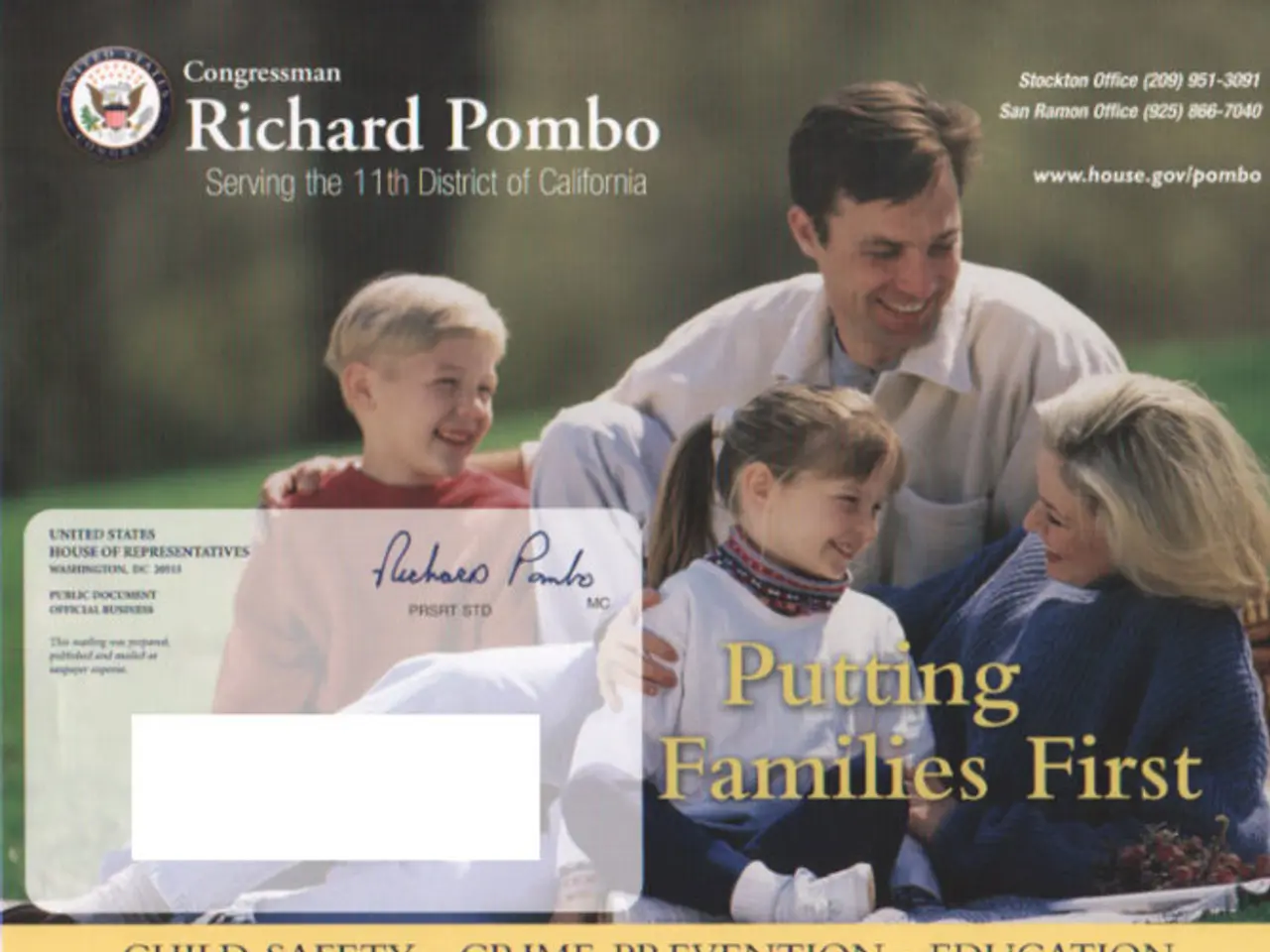United States and Pakistan claim landmark trade agreement, with oil collaboration announced by Trump
US-Pakistan Trade Deal Announced: A New Era of Cooperation
After weeks of negotiations, Pakistan and the United States have reached a significant trade deal, aiming to boost bilateral ties and economic cooperation. The agreement, announced in late July 2025, focuses on joint development of Pakistan's oil reserves, reduction of reciprocal tariffs, and increased investment in Pakistan's infrastructure and development projects.
The deal's core focus is on oil development and tariff easing to stimulate trade. The US is in the process of selecting an oil company to lead the partnership, signalling a substantial energy collaboration. The agreement also lowers reciprocal tariffs, particularly on Pakistani exports to the US, though detailed tariff schedules were not disclosed.
In 2024, US-Pakistan trade was approximately $7.3 billion, with US exports to Pakistan at $2.1 billion and imports from Pakistan at $5.1 billion. The deal is expected to build on this increasing trade momentum.
The agreement is also expected to spur increased US investment in Pakistan’s infrastructure and development projects, contributing to Pakistan’s economic growth and development priorities. Areas of potential cooperation include energy, mines and minerals, IT, cryptocurrency, and other sectors.
US President Donald Trump referenced the agreement in a social media post, stating that the two countries had concluded a deal to work together on oil reserves. Prime Minister Shehbaz Sharif conveyed his thanks to President Trump in a subsequent post.
Prime Minister Shehbaz Sharif expressed hope that the deal will pave the way for deeper collaboration between the two countries. He expects the deal to expand the frontiers of the enduring partnership between the US and Pakistan. Finance Minister Aurangzeb described the agreement as a "real win-win situation" for both nations.
The US had imposed a 29 percent "reciprocal tariff" on Pakistani exports, which raised concerns in Islamabad about the fragile economic recovery. The new trade deal aims to reduce tariffs and deepen economic ties between the two countries.
As the strategic choice of oil company and the full scope of investment projects remain to be clarified, this trade agreement represents a multi-faceted partnership enhancing Pakistan's energy sector, improving market access via tariff reductions, and encouraging US investment in Pakistan’s infrastructure and development sectors.
[1] Pakistan Finance Ministry Statement, July 2025. [2] White House Press Release, July 2025. [3] US Trade Representative Press Release, July 2025. [4] Donald J. Trump Twitter Post, July 2025. [5] Shehbaz Sharif Twitter Post, July 2025.
- The new trade deal between Pakistan and the United States is expected to encourage increased US investment in Pakistan’s infrastructure and development sectors, beyond traditional areas like energy and mines and minerals, potentially including IT, cryptocurrency, and other sectors.
- Besides the focus on oil development and tariff easing, the trade agreement also covers general-news topics like finance, business, economics, and politics, with hopes it will provide a platform for deeper collaboration and building upon the increasing trade momentum between the two nations.
- The reduction of reciprocal tariffs, particularly on Pakistani exports to the US, according to the trade deal, could also have broader impacts on the art and culture industry, as improved market access might facilitate the exchange of artistic and cultural goods and ideas between the two countries.




